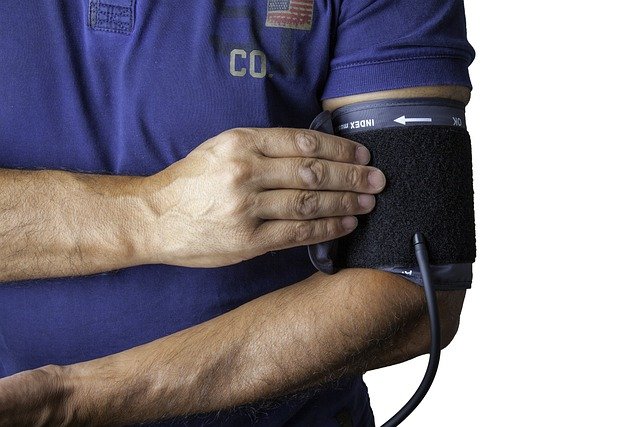Do you want to become a Medical Assistant in Germany?
For individuals residing in Germany and fluent in English, pursuing a career as a medical assistant is within reach. Training programs are tailored to equip aspiring professionals with essential skills needed in healthcare settings. This pathway provides knowledge of medical procedures, patient care, and administrative support—an ideal choice for anyone interested in the medical field.

What is the role of a Medical Assistant in Germany?
Medical assistants in Germany, known as “Medizinische Fachangestellte” (MFA), play a crucial role in supporting doctors and other healthcare professionals. Their responsibilities typically include administrative tasks such as managing appointments and patient records, as well as clinical duties like taking vital signs and assisting with basic medical procedures. It’s important to note that the specific duties may vary depending on the healthcare setting and individual employer requirements.
What training opportunities exist for English speakers?
While many medical assistant training programs in Germany are conducted in German, there are some opportunities for English speakers to pursue this career path. Some international schools and vocational training centers offer medical assistant courses with English instruction or bilingual programs. However, it’s essential to understand that these opportunities may be limited, and availability can change over time.
What steps can you take to begin your journey in the medical field?
Starting a career as a medical assistant in Germany involves several steps:
-
Research language requirements: Most healthcare settings in Germany require proficiency in German. Consider enrolling in intensive German language courses to improve your skills.
-
Evaluate your educational background: Determine if your existing qualifications are recognized in Germany or if you need additional education.
-
Explore training programs: Look for medical assistant training programs that cater to English speakers or offer language support.
-
Understand the recognition process: Learn about the procedures for having your qualifications recognized in Germany, which may involve additional coursework or examinations.
-
Gain practical experience: Consider internships or volunteer opportunities to familiarize yourself with the German healthcare system.
It’s important to note that the availability and specifics of these steps may vary, and the process can be complex for non-EU citizens.
What does a comprehensive curriculum for aspiring medical assistants include?
A typical medical assistant training program in Germany covers a wide range of topics to prepare students for their future roles. The curriculum generally includes:
-
Anatomy and physiology
-
Medical terminology
-
Basic clinical procedures
-
Laboratory techniques
-
Administrative skills and medical office management
-
Patient care and communication
-
German healthcare system and regulations
-
Medical ethics and data protection
The duration and specific content of these programs can vary, and it’s crucial to verify that any program you consider meets the standards set by German healthcare authorities.
What are the employment prospects for medical assistants in Germany?
The healthcare sector in Germany, like many countries, faces ongoing challenges in staffing and workforce development. While there may be opportunities for qualified medical assistants, it’s important to approach the job market realistically. Factors such as language proficiency, recognition of qualifications, and regional demand can significantly impact employment prospects.
| Aspect | Details | Considerations |
|---|---|---|
| Language Requirements | High level of German proficiency typically needed | Intensive language courses may be necessary |
| Training Duration | Usually 2-3 years for full qualification | Part-time or accelerated options may be available |
| Recognition of Foreign Qualifications | Process required for non-EU qualifications | May involve additional coursework or examinations |
| Employment Sectors | Hospitals, private practices, clinics | Opportunities may vary by region and specialization |
Prices, rates, or cost estimates mentioned in this article are based on the latest available information but may change over time. Independent research is advised before making financial decisions.
In conclusion, becoming a medical assistant in Germany as an English speaker is a process that requires careful planning, dedication to language learning, and a thorough understanding of the German healthcare system. While opportunities may exist, it’s crucial to approach this career path with realistic expectations and a commitment to meeting the necessary qualifications and language requirements.
This article is for informational purposes only and should not be considered medical advice. Please consult a qualified healthcare professional for personalized guidance and treatment.




